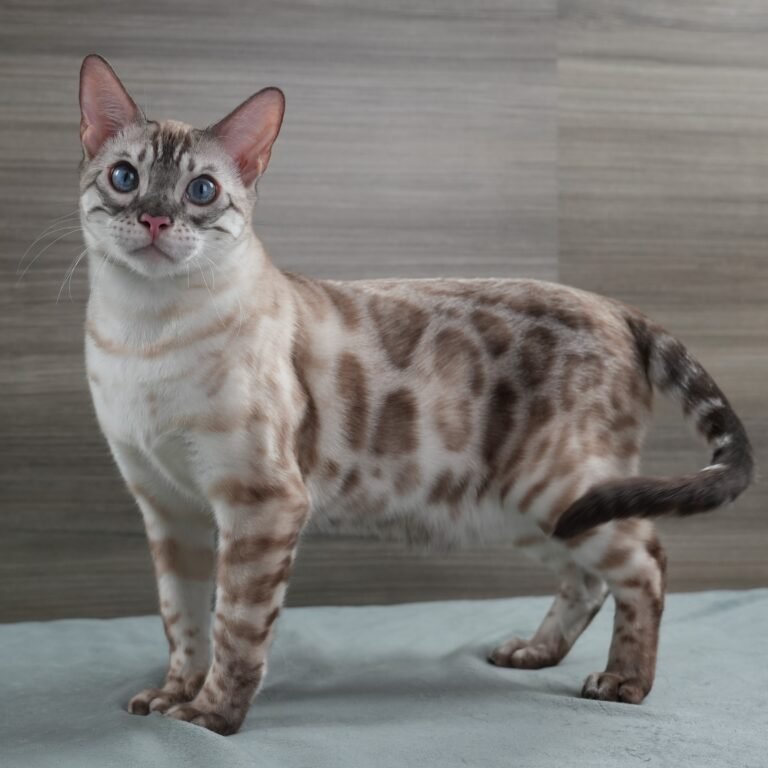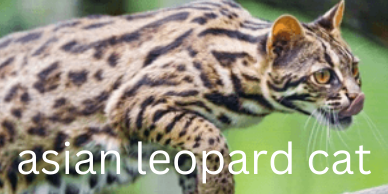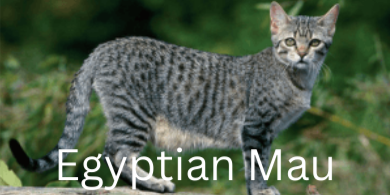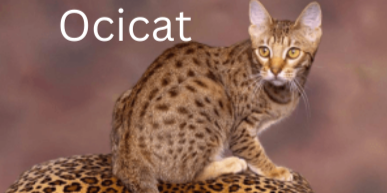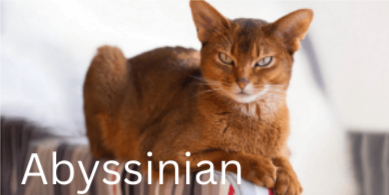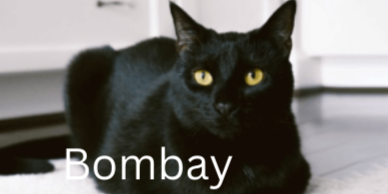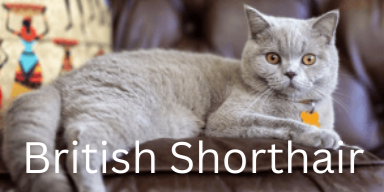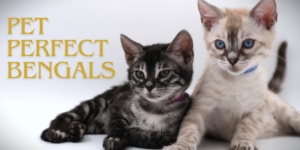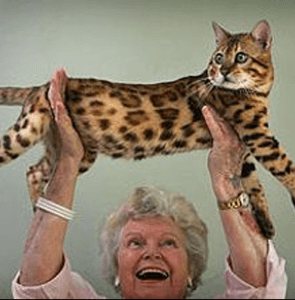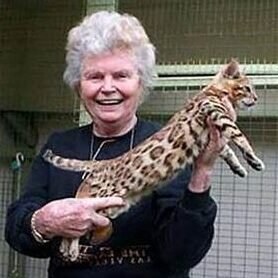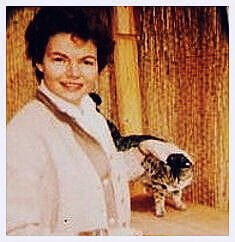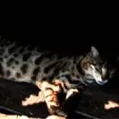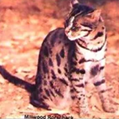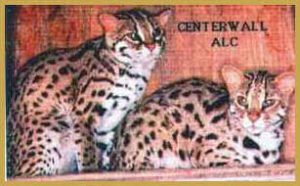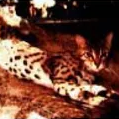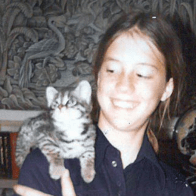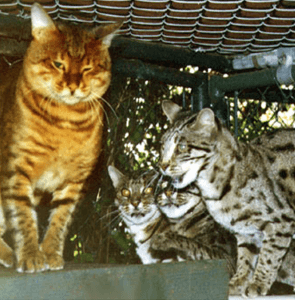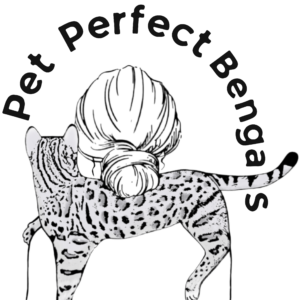History Of The Bengal Cat
Jean Mill is considered the founder of the Bengal breed. She is the first person to breed a Bengal past the fourth generation. While many Bengal breeders worked together to get the breed off the ground, Jean Mill was instrumental in getting the Bengal officially accepted by The International Cat Association (TICA) as a registered breed in 1986 and eventually gaining championship status in 1991.
I deliberately crossed leopard cats with domestic cats for several important reasons. At that time, wild cats were being exploited for the fur market. Nursing female leopard cats defending their nests were shot for their pelts, and the cubs were shipped off to pet stores worldwide. Unsuspecting cat lovers bought them, unaware of the danger, their unpleasant elimination habits, and the unsuitability of keeping wild cats as pets. Most of the wild kittens from this era ended up in zoos or escaped onto city streets. I hoped that by putting a leopard coat on a domestic cat, the pet trade could be safely satisfied. If fashionable women could be dissuaded from wearing furs that look like friends’ pets, the diminished demand would result in less poaching of wild species.
Malaysia's Miracle: The Hybrid Birth
Jean Mill imported “Malaysia” a female Asian Leopard Cat (ALC) from South East Asia in 1961. After observing Malaysia interacting with a tomcat, Jean decided to add him to her cage. As they were separate species it seemed unlikely they could procreate, however, to Jean’s surprise and delight Malaysia gave birth to a ALC/domestic cat hybrid, a female named Kin-Kin. Although Jean was told Kin-Kin would be infertile, after spending time with her father, Kin-Kin defied the odds and gave birth to two second-generation kittens. In 1965, after her husband’s death, Jean Mill moved to an apartment and discontinued her breeding program.
The Breeder's Challenge: Legal Hurdles
In the 1970’s Jean remarried and moved to the wooded countryside of California. Thanks to the extra space her new home provided, she was able to begin the process of reestablishing her breeding program. There was one major problem, the new laws and regulations on Asian Leopard cats made it difficult to acquire one of these beautiful felines. After several years of having no luck with newspaper ads, she contacted the California Department of Fish and Game who referred her to Dr. Willard Centerwall.
A Scientist's Legacy: The Story of Dr. Centerwall's Bengals
Dr. Willard R. CenterwalI was a scientist at Loma Linda University. He was a lead researcher into the Asian Leopard Cat’s natural immunity to type C feline leukemia, and whether immunity could be passed to ALC/domestic cat hybrids. His research came to a close in the1970s. Jean Mill reached out to Willard in 1980 hoping to obtain some of his hybrids. Willard gave Jean his family pets Liquid Amber (3/4 ALC), Favie (for Favorite), Shy Sister, and Doughnuts as well as 5 hybrids from Gordon Meridith who could no longer care for them due to his health. Almost all Bengals today can trace their lineage back to these founding Centerwall cats.
Tory's Tale: The Origin of the Bengal's Glitter Trait
Finding a stud in the breed’s early days was a difficult task, do to the fact most male ALC/domestic cat hybrids are infertile up to the third generation. In 1982, While visiting New Delhi Zoo in India, Jean was shown a cat with beautifully dark-brown spots and a shiny golden-orange coat which she decided to import back to Los Angeles. Because he had no pedigree the Cat Fancier Association (CFA) registered him as Millwood Tory of Delhi, a transfer Mau from ACA. Tory is one of the most notable domestic cats to contribute to the Bengal breed and is solely responsible for the glitter trait found in many Bengals today.

